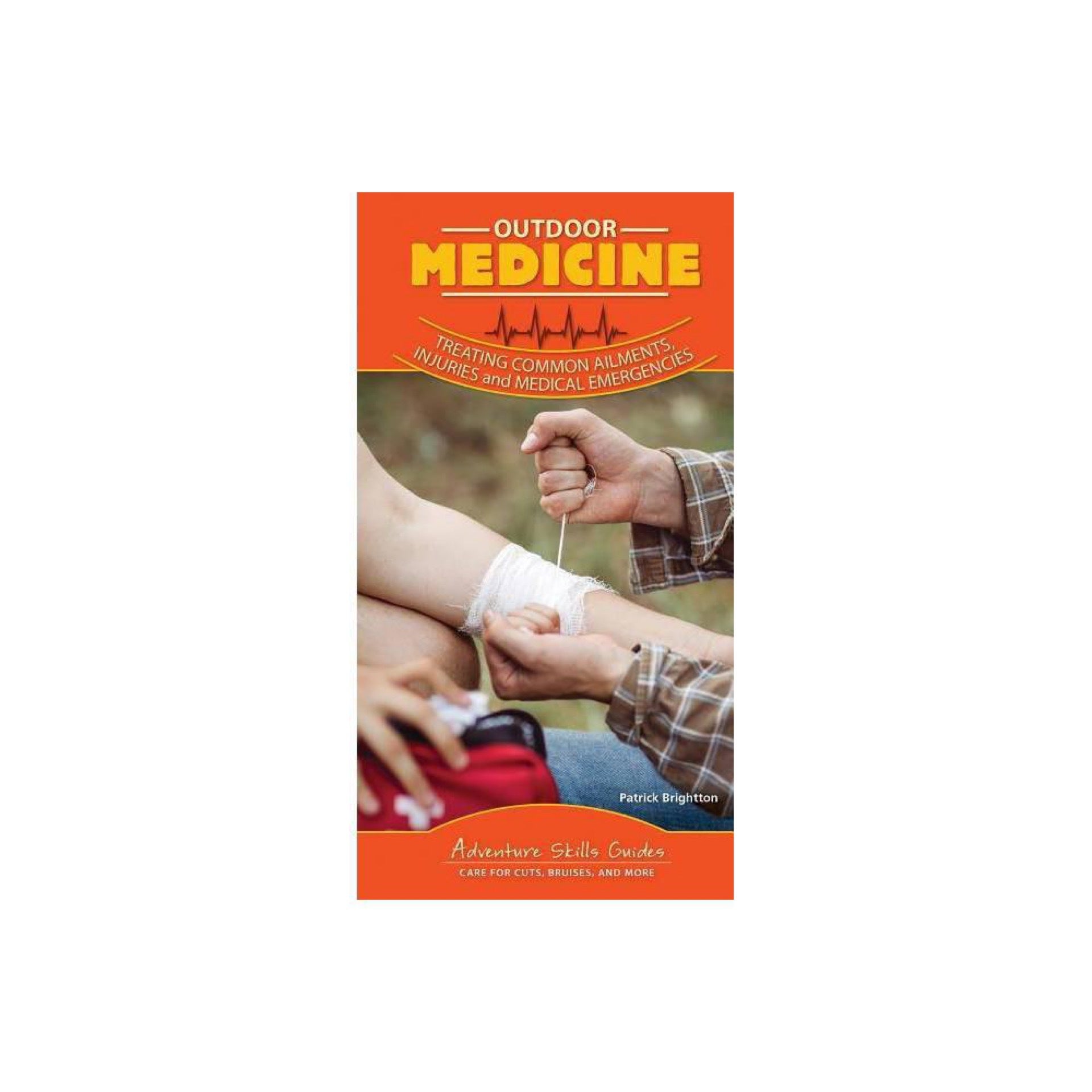

Prepared for Anything Adventure: Essential Skills for Handling Emergencies. Embarking on an outdoor adventure can be exhilarating, but unexpected situations can arise quickly. From minor injuries to major disasters, being prepared can save lives and enhance your enjoyment. This guide explores essential skills for handling emergencies, offering a step-by-step approach to preparedness for any adventure. We’ll tackle everything from first aid and shelter building to water purification and navigation, equipping you to face challenges head-on. The structure of this guide is designed to take you on a journey of preparedness, covering core principles and practical techniques for handling various emergency situations.
Understanding the Importance of Preparedness
Recognizing Potential Dangers
Preparing for emergencies is more than just a good idea; it’s a vital aspect of responsible outdoor recreation. The world’s unpredictable nature means that even the most experienced adventurers can encounter challenges. This necessitates an understanding of the potential dangers present in various environments, whether hiking in the wilderness, trekking in mountainous regions, or even camping in a park. Analyzing potential hazards, such as storms, wildlife encounters, or accidents, and devising effective strategies for responding to these scenarios should be central to your planning.
Mastering Essential Survival Skills
First Aid and Emergency Response
Mastering basic first aid is a cornerstone of emergency preparedness. This includes understanding common injuries and illnesses and knowing how to apply appropriate first aid techniques. A first-aid kit should be readily available, containing essential supplies like bandages, antiseptic wipes, pain relievers, and any necessary medications. Learn to recognize when a situation warrants immediate medical attention and know how to contact emergency services when necessary. A key part of emergency response is to assess the situation, prioritize needs, and act decisively.
Shelter Building and Insulation
Selecting Suitable Shelter Types
Constructing a temporary shelter is critical for survival in a multitude of situations, especially those where natural disasters or hostile environments threaten safety. Understanding various shelter types is vital for choosing the best option depending on the circumstances, terrain, and available resources. Consider the different types of shelters and how to construct them efficiently. From simple lean-tos to more complex shelters, the best option depends on the particular circumstances. The design of the shelter should also be considered with the prevailing weather conditions. Consider how the shelter will protect against the elements.
Water Purification and Supply
Safe Water Collection and Treatment
Ensuring access to clean water is a critical survival skill for any outdoor activity. Knowing how to find, collect, and treat water sources is crucial for long-term safety. Water purification techniques range from boiling to using water filters or purification tablets. Learning these techniques can mean the difference between survival and distress in various emergency situations. The method you choose will depend on the circumstances, such as the availability of certain supplies or the presence of potential waterborne pathogens.
Fire Starting Techniques and Safety
Building and Maintaining a Fire
Starting a fire can be a lifeline in various circumstances, providing warmth, cooking capability, and signaling for help in emergency situations. Understanding diverse fire starting methods is vital, ranging from using matches and lighters to creating friction between tinder. Prioritizing safety is crucial when working with fire, and you should always be prepared for unexpected situations, including the risk of a fire spreading or uncontrolled burning.
Frequently Asked Questions
What are the most crucial survival skills to master for emergency situations?
Emergency preparedness requires mastery of essential survival skills like first aid, shelter building, water purification, fire starting, and navigation. Knowing how to recognize and respond to various emergency situations, from natural disasters to medical emergencies, is paramount. Practicing these skills regularly can greatly enhance your confidence and effectiveness in unexpected scenarios.
How can I assess my current level of preparedness for different emergencies?
Start by identifying the types of emergencies that are most likely to occur in your region and assess your readiness for those specific events. Consider factors such as your location, environment, and personal circumstances when evaluating your vulnerabilities. Do you have emergency supplies? Are your escape routes clear? These are crucial aspects of assessing preparedness. Conduct a self-assessment to identify gaps in your knowledge, equipment, or resources.
In conclusion, being prepared for any adventure involves a multifaceted approach encompassing fundamental skills and mental fortitude. By honing your survival instincts, mastering essential skills, and fostering resilience, you’ll be empowered to navigate unforeseen circumstances with confidence. Ready yourself for the unexpected; download our free emergency preparedness checklist today and embark on your journey to adventure with a peace of mind!